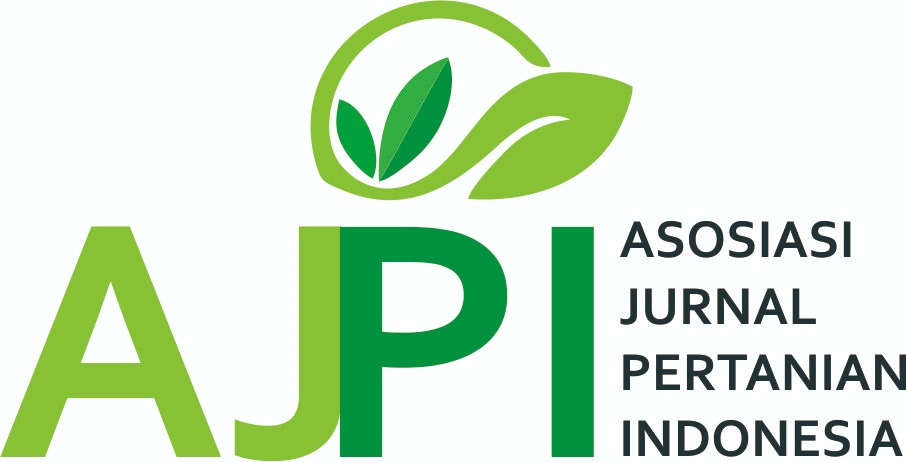PENGARUH KOMBINASI EKSTRAK BAWANG MERAH DAN AIR KELAPA PADA TAHAP MULTIPLIKASI PLANLET KENTANG (Solanum tuberosum [L.] cv. Granola) MENGGUNAKAN MEDIA MURASHIGE DAN SKOOG (MS)
DOI:
https://doi.org/10.33005/plumula.v11i1.105Keywords:
air kelapa, ekstrak bawang merah, pertumbuhan in-vitro, planlet kentangAbstract
Peningkatan produktivias tanaman kentang dapat dilakukan dengan penyediaan bibit unggul yang bersertifikat seperti menggunakan metode perbanyakan secara kultur jaringan. Tujuan dari penelitian ini ialah menganalisis Pengaruh Kombinasi Ekstrak Bawang Merah Dan Air Kelapa Terhadap Pertumbuhan In-Vitro Planlet Kentang (Solanum Tuberosum [L.] cv. Granola) Pada Media Murashige Dan Skoog (MS). Rancangan percobaan yang digunakan Rancangan Acak Lengkap (RAL) Faktorial Penelitian menggunakan 2 faktor perlakuan yaitu pemberian ekstrak bawang merah menggunakan 4 taraf B0(kontrol), B1(20 g L-1), B2(30 g L-1), B3(40 G L-1) dan air kelapa menggunakan 4 taraf K0(kontrol), K1(50 ml L-1), K2(75 ml L-1) dan K3(100 ml L-1). Hasil penelitian menunjukkan terdapat interaksi dengan kombinasi terbaik 20 g ekstrak bawang merah dan 50 ml air kelapa memberi pengaruh nyata pada perameter pertumbuhan panjang planlet dengan planlet kentang secara in vitro.
Downloads
Downloads
Published
How to Cite
Issue
Section
License
Copyright (c) 2023 Rr Khoirunnisa Asyahidah

This work is licensed under a Creative Commons Attribution 4.0 International License.
Authors who publish with this journal agree to the following terms:
- Authors retain copyright and grant the journal right of first publication with the work simultaneously licensed under a Creative Commons Attribution License that allows others to share the work with an acknowledgement of the work's authorship and initial publication in this journal.
- Authors are able to enter into separate, additional contractual arrangements for the non-exclusive distribution of the journal's published version of the work (e.g., post it to an institutional repository or publish it in a book), with an acknowledgement of its initial publication in this journal.
- Authors are permitted and encouraged to post their work online (e.g., in institutional repositories or on their website) prior to and during the submission process, as it can lead to productive exchanges, as well as earlier and greater citation of published work (See The Effect of Open Access).











